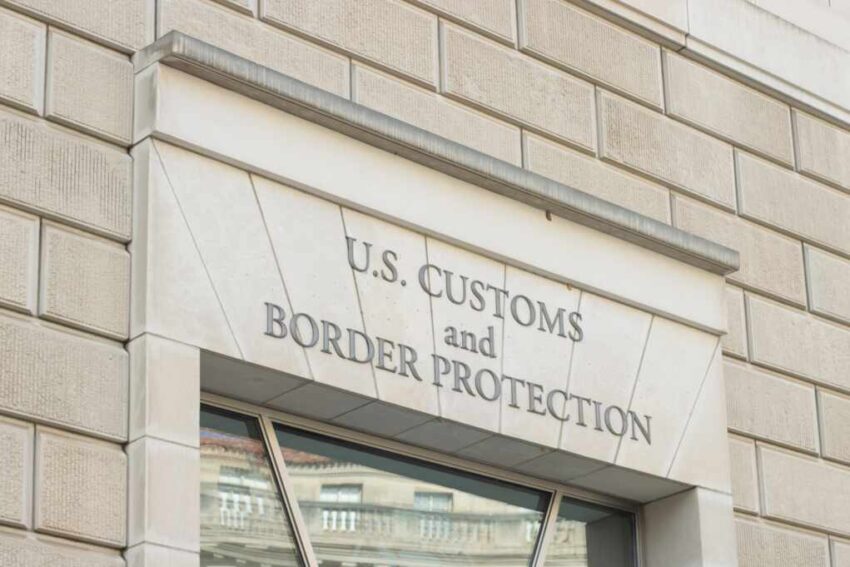Major U.S. airlines have quietly funneled millions of passengers’ flight records to a Homeland Security system, turning ordinary tickets into a vast warrant-free surveillance trove.
At a Glance
- Customs and Border Protection (CBP) began buying bulk flight data from the Airlines Reporting Corporation (ARC) in June 2024.
- ARC’s Travel Intelligence Program now holds more than 1 billion itineraries covering 39 months of past and future travel.
- Agents can query the database by name, credit-card number, or travel agency without first obtaining a warrant.
- Delta, American, United, and other top carriers sit on ARC’s board and share in the data-sale revenue.
- Senator Ron Wyden says the deal gives federal investigators “bulk access to Americans’ sensitive information.”
Covert Ticket Pipeline Unmasked
A Fox News investigation revealed that the airline-owned Airlines Reporting Corporation sells its Travel Intelligence Program—names, full itineraries, and payment details—to CBP under a contract that can run through 2029. Procurement files show the initial purchase cost just $11,025, with a $6,800 add-on this spring, yet it opens continuous access to billions of domestic flight records. The agreement even bars CBP from naming ARC as the vendor unless compelled by a court order, underscoring the program’s secrecy.
Watch a report: Airlines Don’t Want You to Know They Sold Your Flight Data to DHS
ARC gathers the data from third-party agencies such as Expedia; tickets bought directly on airline websites are not included. That distinction creates a two-tier privacy gap most travelers never notice. Contract memos circulated inside CBP confirm daily uploads feeding near-real-time queries, allowing agents to spot a suspect’s travel plan before they board.
Privacy Backlash and Traveler Options
DHS defends the purchase in a public Privacy Impact Assessment, arguing that bulk access helps locate fugitives before subpoena deadlines. Civil-liberties groups counter that the government is simply buying its way around the Fourth Amendment. A detailed analysis by Wired notes that CBP’s interface lets analysts search travel histories, set watch-list alerts, and pivot instantly to upcoming flights—functions normally walled off by court oversight.
Internal procurement records list ICE, the Secret Service, DEA, TSA, SEC, Air Force, and U.S. Marshals Service as current or prospective customers, signaling rapid adoption across federal agencies. A June briefing from Malwarebytes Labs adds that more than 240 airlines send daily sales files to ARC, giving the government a moving map of who is going where.
How To Protect Your Privacy?
Cyber-security experts recommend booking flights directly with carriers, since agency-booked tickets route through ARC, and using virtual credit-card numbers to break the link between identity and itinerary. Senator Wyden, joined by a coalition of privacy NGOs, is drafting legislation to bar federal agencies from purchasing commercial location or travel data, but passage remains uncertain. Until Congress closes the loophole, every travel-agency ticket risks becoming another dot on a federal analyst’s screen—leaving Americans to wonder how much privacy is left at 30,000 feet.
Click this link for the original source of this article.
Author: Editor
This content is courtesy of, and owned and copyrighted by, https://thecongressionalinsider.com and its author. This content is made available by use of the public RSS feed offered by the host site and is used for educational purposes only. If you are the author or represent the host site and would like this content removed now and in the future, please contact USSANews.com using the email address in the Contact page found in the website menu.








